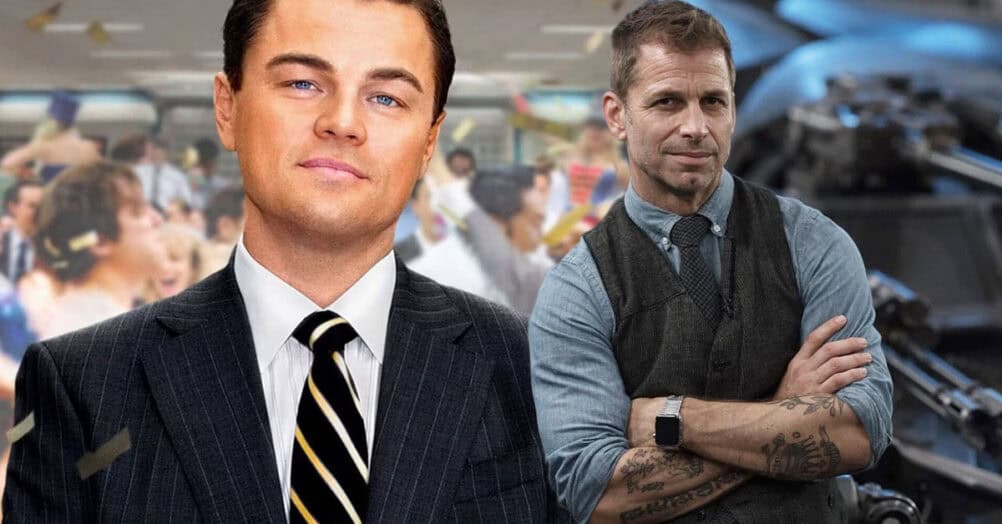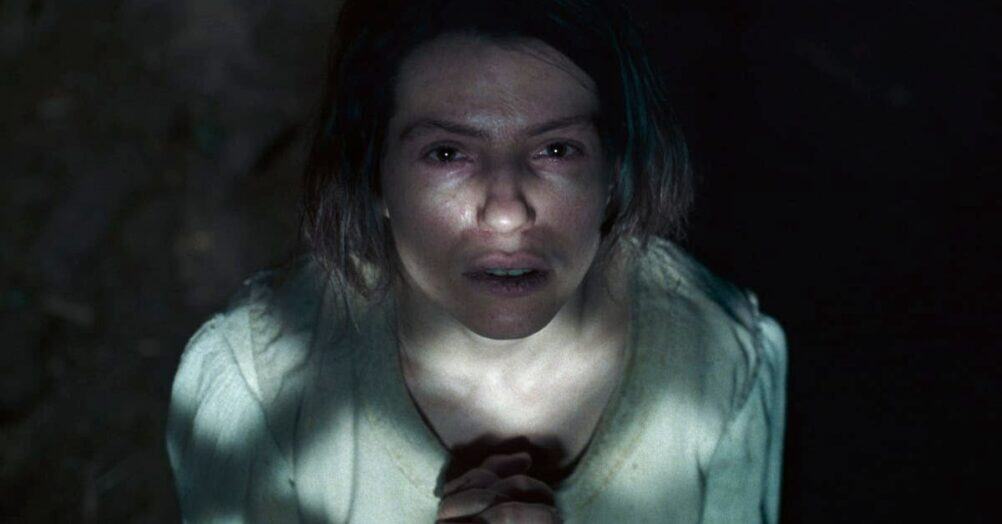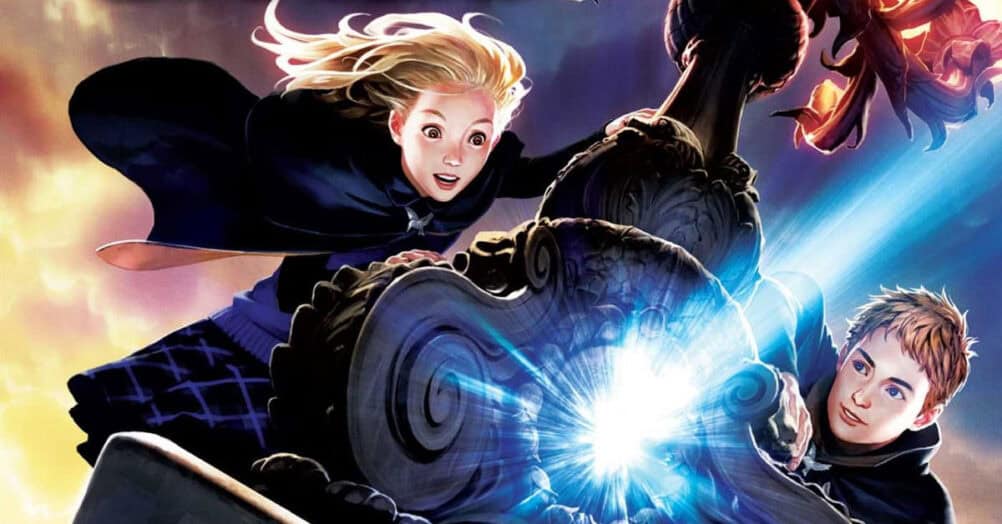Last Updated on August 2, 2021

It recently came to light that certain individuals involved with the pirate incident that Paul Greengrass' CAPTAIN PHILLIPS is based on do not feel the story is portrayed accurately. The Tom Hanks movie is based on the book by the real CAPTAIN PHILLIPS, Richard Phillips. The allegations are not something new for any movie based on a true story, especially one as politically volatile as this one.
Greengrass has heard the complaints and issued a statement via a recent Reddit AMA that illustrates that he is not someone who takes the words "true story" lightly:
I’m glad you asked that! I saw those stories too, based upon an “anonymous crew member”. Here are the facts. Shortly after the Mersk Alabama incident was successfully resolved, and Captain Phillips returned home safely, some members of the crew sued Mersk Corporation claiming they had been put in harm’s way. They also alleged that Captain Phillips had ignored warnings to stay away from the coast of Somalia. When we started the film, it was a top priority for me to look into this issue in every detail. And I obviously can’t comment on this lawsuit, but what I can say is that myself, along with my colleague Michael Bronner formerly of 60 minutes, with whom I worked on United 93 and other projects, we researched the background of the Mersk Alabama highjacking in exhausting detail over many months. We spoke to every member of the Alabama crew bar one, all of the U.S. Military responders that played a leading role in these events, and thoroughly researched backgrounds of the 4 pirates and the issue of Somali piracy generally. And I’m 100% satisfied that the picture we present of these events in the film, including the role playing by Captain Phillips, is authentic. I stand by the picture I give in the film, absolutely.
In particular I am confident that Captain Phillips did not take an irresponsible route along the coast of Somalia and ignore a specific warning as alleged in the press. The route he took was similar to that taken by many ships of many nationalities at that time and since. The problem of piracy at that time was that pirate bands had begun using motherships, which enabled them to strike at ships throughout the Indian ocean, up to 800 miles plus out to sea, if not further. The film shows clearly Captain Phillips receiving warnings about pirate attacks, putting into place security measures onboard ship. The film also shows a vigorous debate with some members of the crew who wanted the ship to deviate from its route in order to prevent attack, and I show Captain Phillips (as I believe occurred) arguing that there was no point deviating the route, because pirate bands with motherships could attack them wherever they went. At the end of the day, it is easy to make anonymous accusations against a film. But the facts are clear. Captain Phillips’ ship was attacked, and the ship and the crew and its cargo made it safely to port with no injuries or loss of life. Also, the fact is that Captain Phillips went into the lifeboat in order to ensure the safety of his crew, because thereby he insured the pirates left the ship. The fact is, Captain Phillips then endured a five day ordeal at the hands of his kidnappers that very nearly resulted in his being killed. That’s the story we told, and it’s an accurate one.
Now of course, any film you have to compress events and alter certain details to make sure that a 5 or 6 day complicated chain of events works as a 2 hour movie. And whilst our film does not reflect every detail of what every single crew member did during the highjack [and I appreciate this may have upset some members of the crew], the film does very clearly show that all members of the crew worked heroically and independently from Captain Phillips to ensure the safety of the ship and that specific members of the crew, for instance Mike Perry the chief engineer and Shane Murphy the chief mate, played very significant personal roles in the successful outcome of the highjacking. I believe that when looked at overall, the film does acknowledge the admirable contributions of all crew members and of specific individuals, so of course, though as I say, some of the specifics may have been lost in the 2 hour turn. I stand by my film, and if there’s a bit of sour grapes around, I put that down to the fact that to be in command of a ship – as I know from my father’s experiences – is often a lonely place. And you don’t win popularity contests as a captain. Your job, and certainly Richard says by his own admission, he was a professional merchant marine captain and he faced a dreadful challenge that day in the middle of the ocean far from help. And the ship, the crew, and the cargo reached port safely. I don’t quite understand what there is to criticize…
Having seen CAPTAIN PHILLIPS, I can say it is a thrilling story that keeps you on the edge of your seat even if you know the results of what happened from the news. Greengrass brings his same level of quality as he did for UNITED 93. While the movie does not paint Phillips in any way but as a man enduring an awful situation, I never got the impression that he was a perfect person. The movie does show his decision to keep going despite being attacked, so there could be an element to truth here somewhere.
Regardless of whether the movie is 100% true or not, it is a damn fine movie (despite the shakycam). CAPTAIN PHILLIPS is now playing.



















Follow the JOBLO MOVIE NETWORK
Follow us on YOUTUBE
Follow ARROW IN THE HEAD
Follow AITH on YOUTUBE